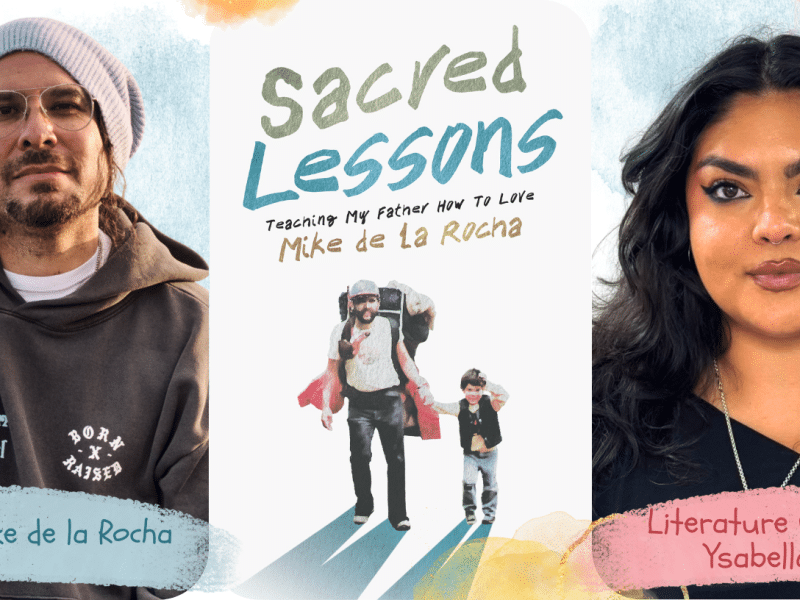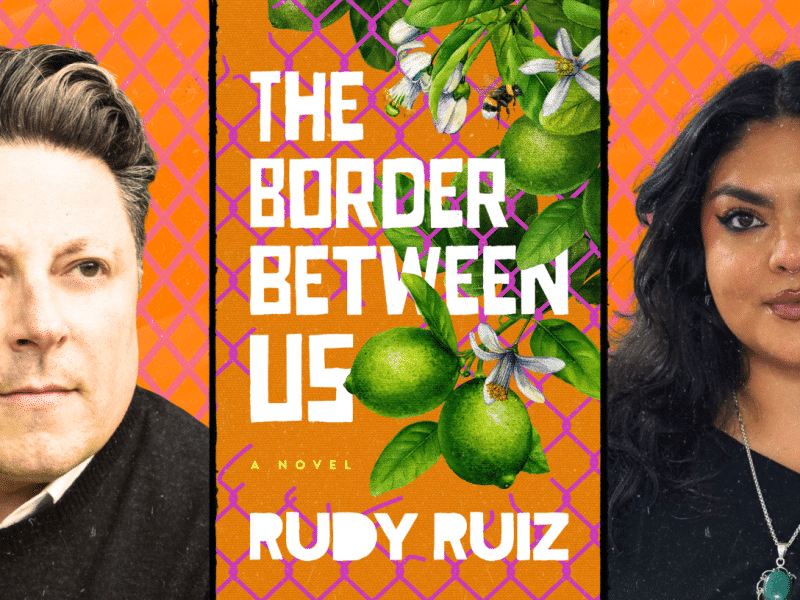Did George Lopez Just Perpetuate the “Crabs in the Bucket” Mentality Against Up-and-Comer Comedian Ralph Barbosa?
We examine whether George Lopez’ response to Ralph Barbosa perpetuates the crabs in the bucket mentality in comedy.

Described as “one of the shyest attention hogs to ever do comedy,” Ralph Barbosa is a young Latino comic from Dallas, Texas, with a laid-back style that’s become his signature form of comic delivery. The up-and-comer won the 2019 Funniest Comic in Texas competition, and in 2021, he went on to win the New York Latino Film Festival Stand-Up competition.
Most recently, Barbosa’s career has caught fire with appearances on HBO Max’s special “Entre Nos: The Winners 3,” Directed by Latina comic Aida Rodriguez, and made his late-night debut on “The Tonight Show” with Jimmy Fallon. Barbosa proudly posted to his Instagram page that a “young Texas boy made it to the Tonight show.”
On January 8, 2023, Barbosa posted a video of legendary comedian George Lopez interviewing comedian Steve Trevino on Lopez’s “OMG HI” podcast. The conversation was innocuous enough until Trevino began mentioning Barbosa’s name in a conversation about helping others come up in the business.
Lopez responded to Trevino’s mention of Barbosa by asking Trevino, “Nobody knows who that motherfucker is, why are you saying his name?” Trevino responded by saying he’s doing what he preaches, and wondered, “can we bring this kid up?” Lopez continues to belabor his opinion that no one knows who Barbosa is, turns to an off-camera person, and asks if he’s being mean.
Trevino, sounding and looking disturbed about Lopez’s aggressiveness, went on to defend that he wants to “look out for others” after Lopez states, “you have to look out for yourself.”
Barbosa’s post confronting the comedic legend head-on with his own video mashup response went viral accumulating 50,000 likes in under 20 hours.
This interaction begs the question, though, is Lopez perpetuating the classic “crabs in the bucket” and “scarcity” mentality that plagues so many Latinos, especially older ones? There are now at least 62.6 million Latinos in the U.S., making Latinos the largest community of people of color, making up almost 19% of the population, and yet at every level of success in American society, including entertainment and media, Latinos are grossly underrepresented.
In comedy, where the genre is dominated by white men, Latinos only make up 15% of standup comedians, making Lopez’s comments all the more harmful to a community that has notoriously not come together to lift each other up, and also allowed differences in national heritage to tear them apart with things as simple as Latino, Latinx, or Latine labels.
With friends like Lopez, who needs enemies?




